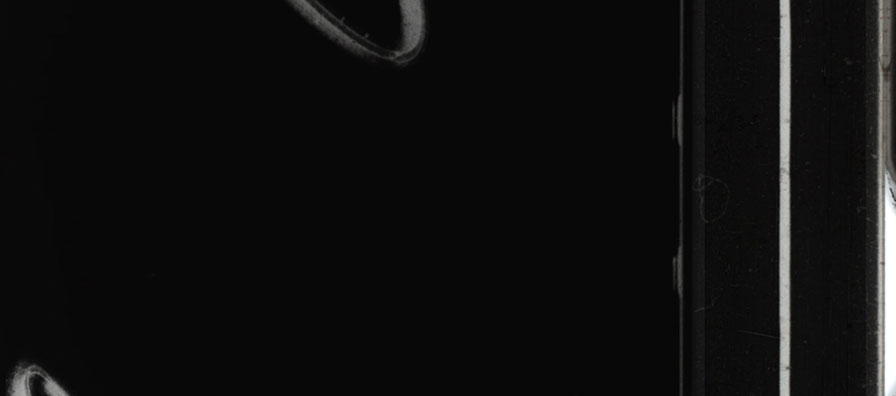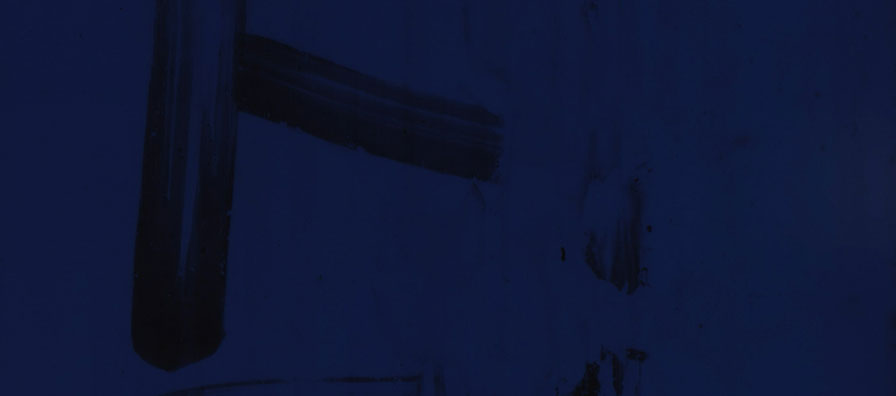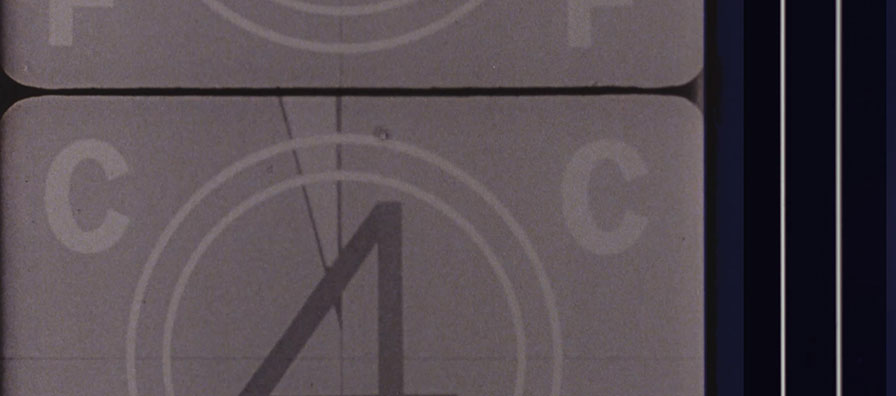Films
- Read More
 Experimental
ExperimentalAt Edge
Solrun Hoaas16mm, color, sound, 21.5 minRental format: 16mm - Read More
 Experimental
ExperimentalEffacement
Solrun Hoaas16mm, color, sound, 13.75 minRental format: 16mm - Read More
 Experimental
ExperimentalIn Search of the Japanese
Solrun Hoaas16mm, color and b/w, sound, 17 minRental format: 16mm - Read More
 Experimental
ExperimentalThe HATOMA films
Solrun HoaasVHS, color, sound, 159 minRental format: VHS NTSC - Read More
 Experimental
ExperimentalThere's Nothing That Doesn't Take Time
Solrun Hoaas16mm, color, sound, 7.75 minRental format: 16mm - Read More
 DocumentaryExperimental
DocumentaryExperimentalWaiting for Water
Solrun Hoaas16mm, color, sound, 27 minRental format: 16mm
Biography
Solrun Hoaas spent fourteen formative years in China and Japan. She discovered theatre as a student in Oslo and Kyoto, where she also trained as a Noh mask maker. She moved to Canberra in 1972. In this period she directed theatre, translated and filmed Japanese ritual performances on Super 8, and wrote non-fiction. In 1977 she began solo filming on 16mm in Okinawa. In 1980 she completed a graduate diploma in film at Swinburne Institute of Technology and in the next three years, four documentaries from Hatoma Island, Okinawa. She wrote, produced and directed several Japan-related films, including the feature film Aya (1990), and after that turned to Korea and more political content in Pyongyang Diaries (1997) and Rushing to Sunshine (2001). She ran film courses for AFTRS, lectured on Japanese film and theatre, and taught Australian cinema to Japanese students from Kyoto. From 2004 she also turned to handmade prints, experimenting with film images combined with copperplate etchings, and continued to develop feature film scripts, including: The Siren of Seoul, The Okinawan Daughter, The Watchmaker, and Fearless Tours. She died unexpectedly in December of 2009.